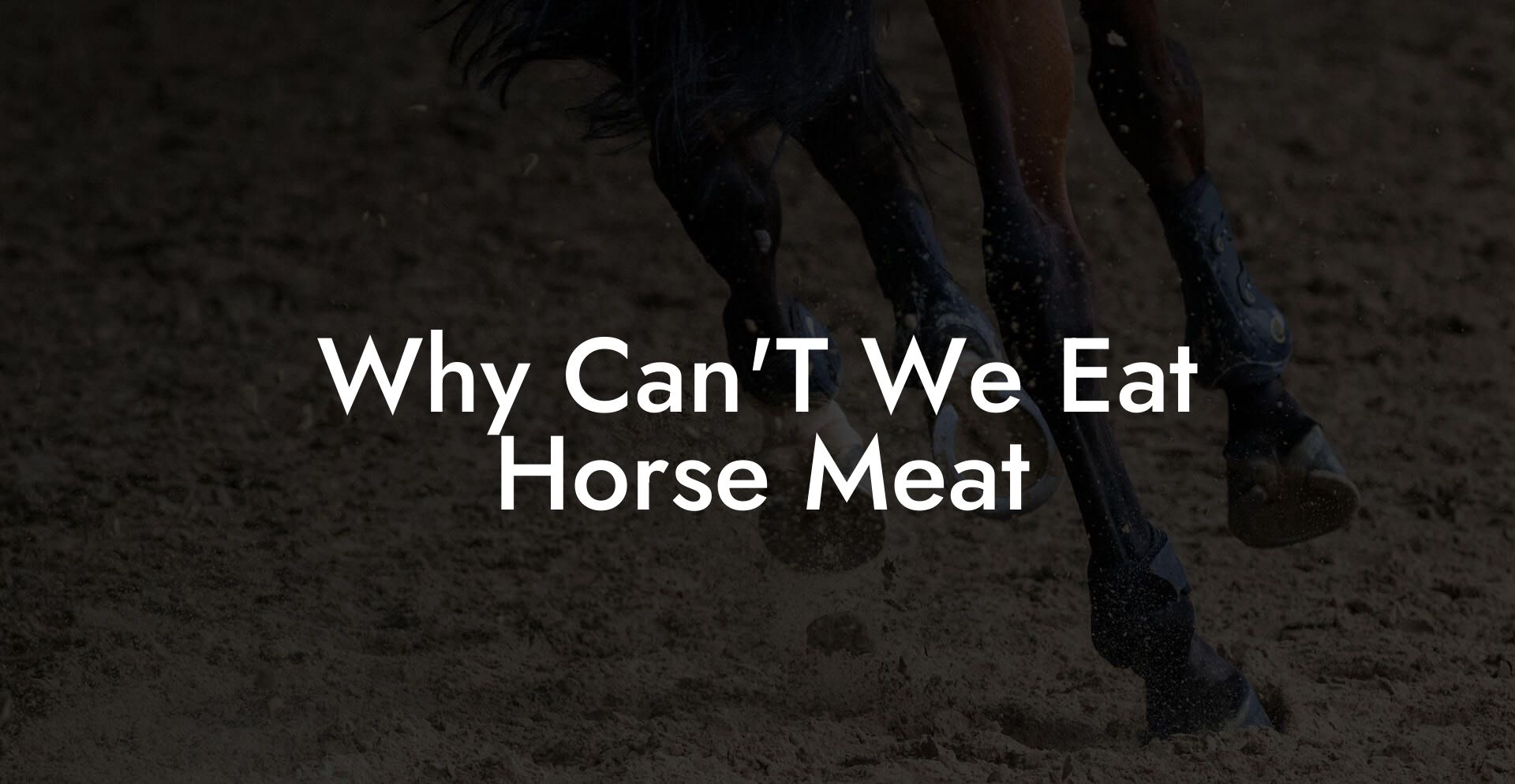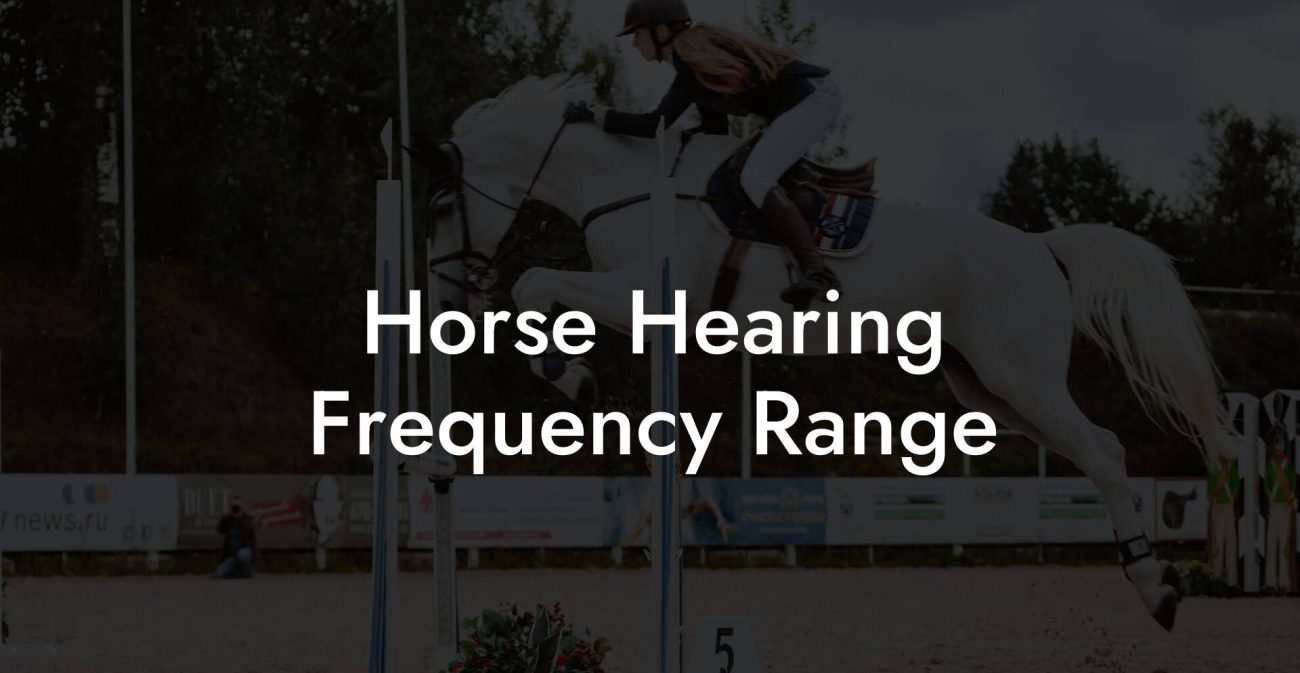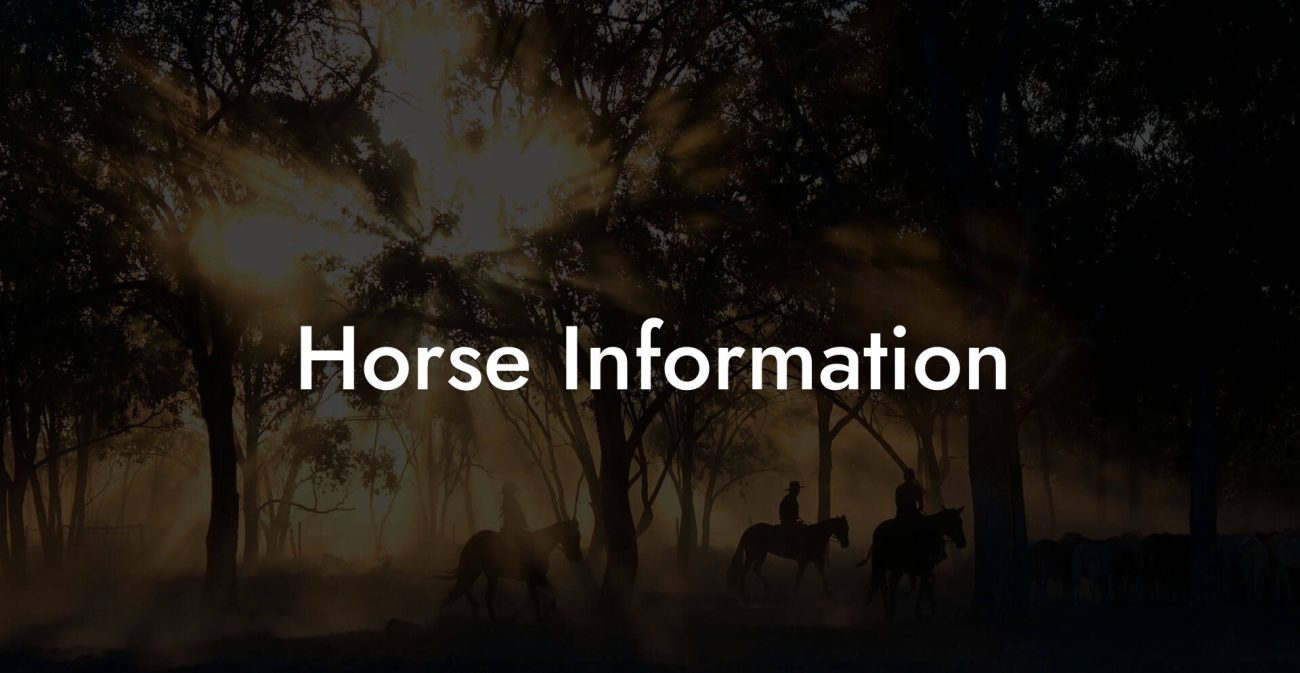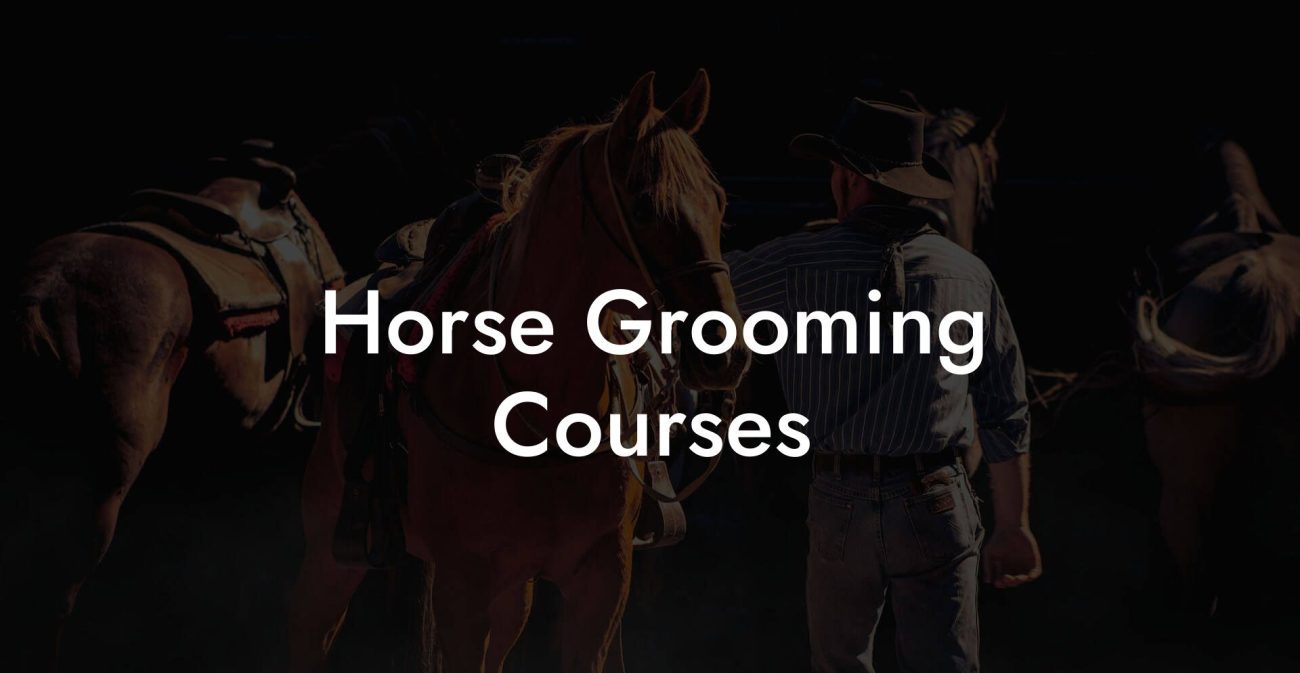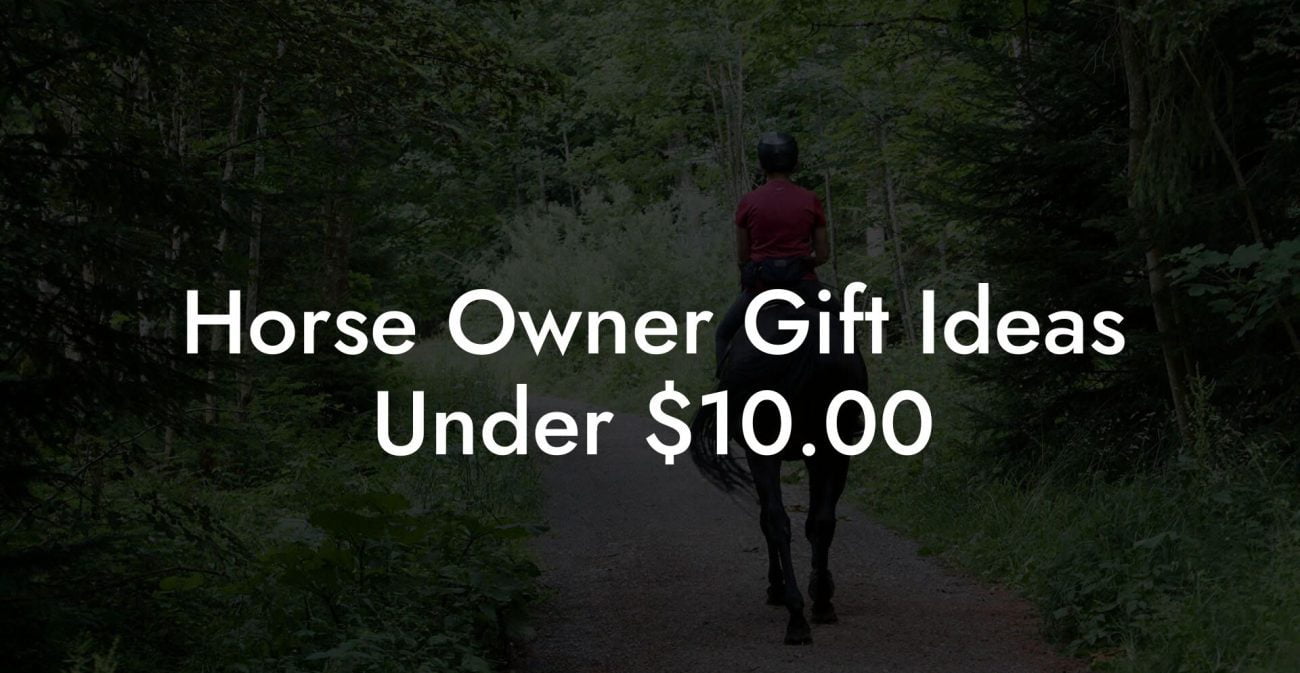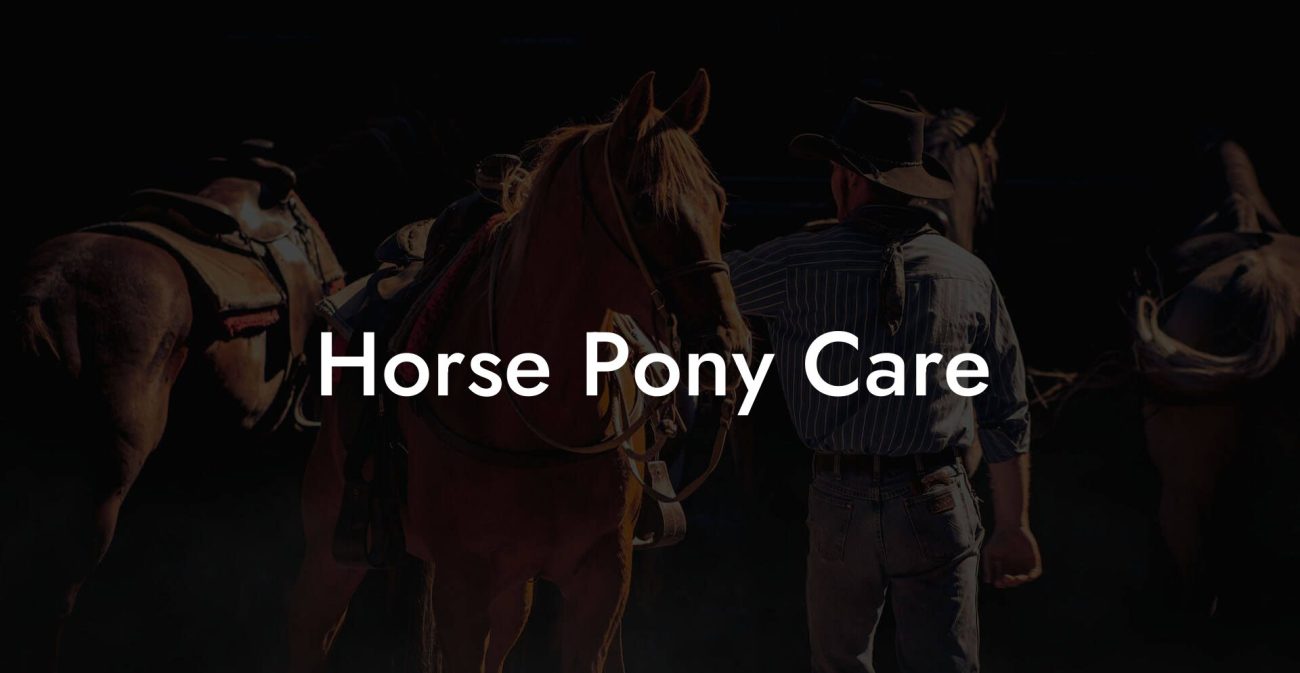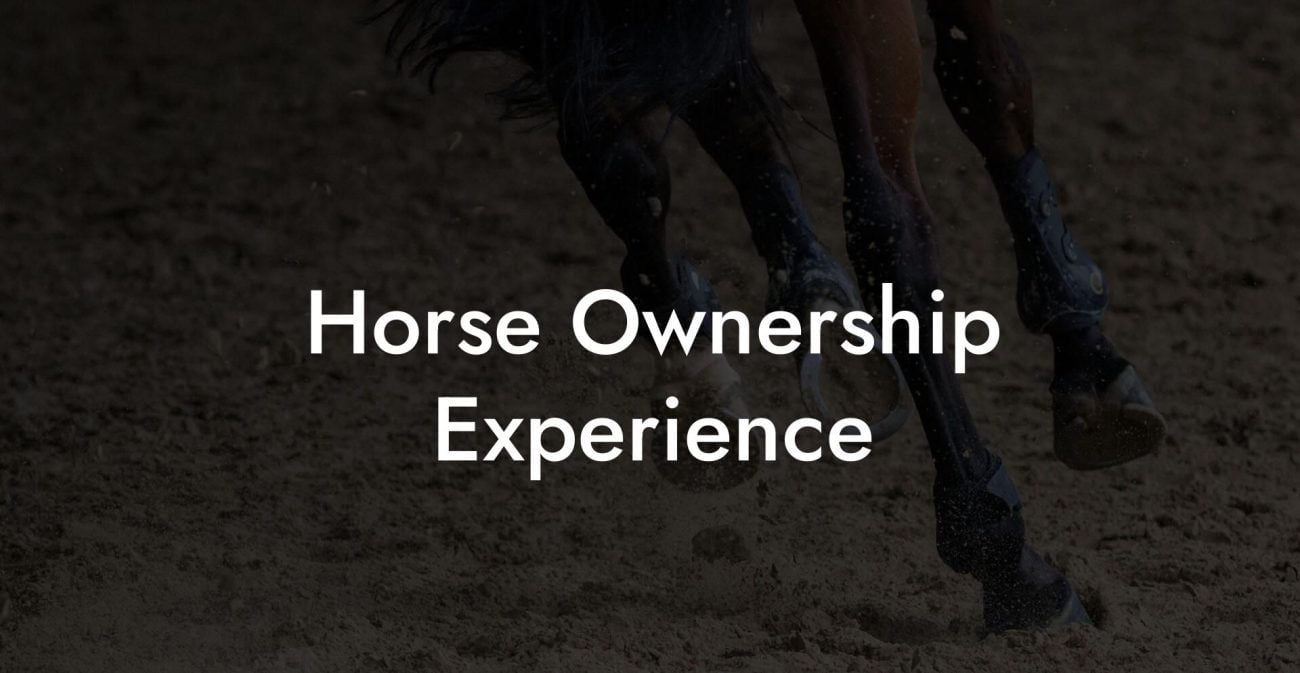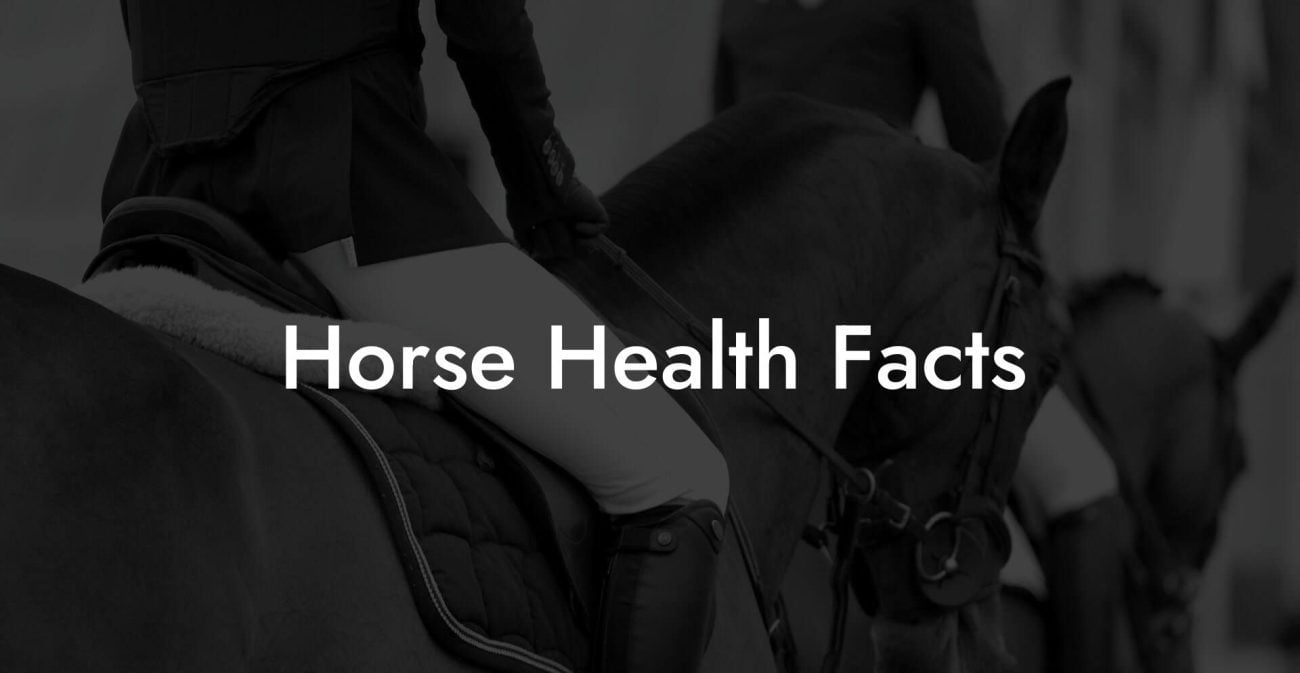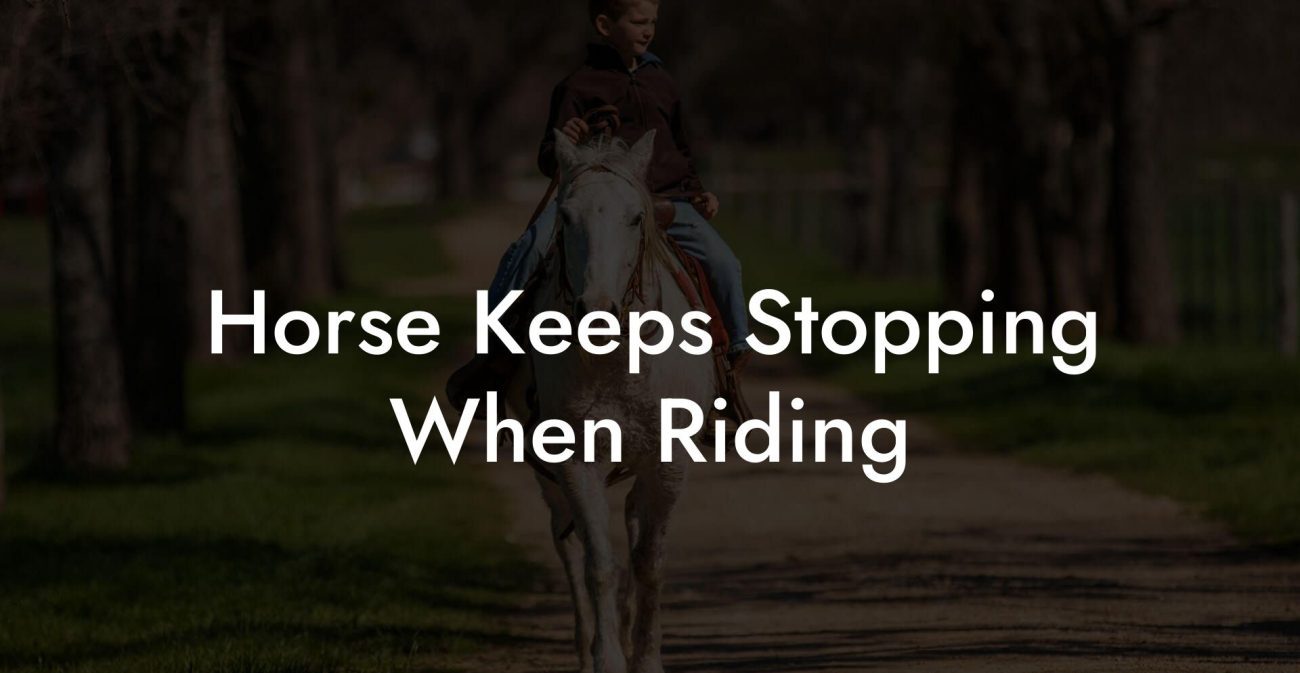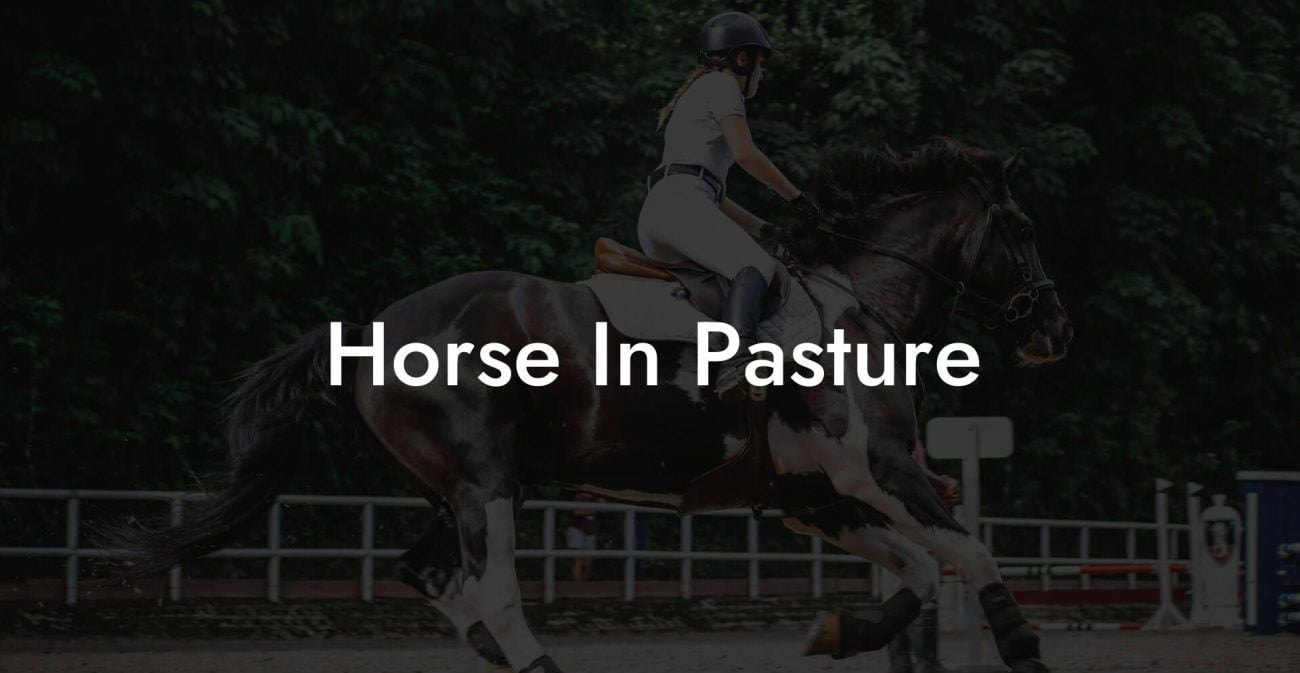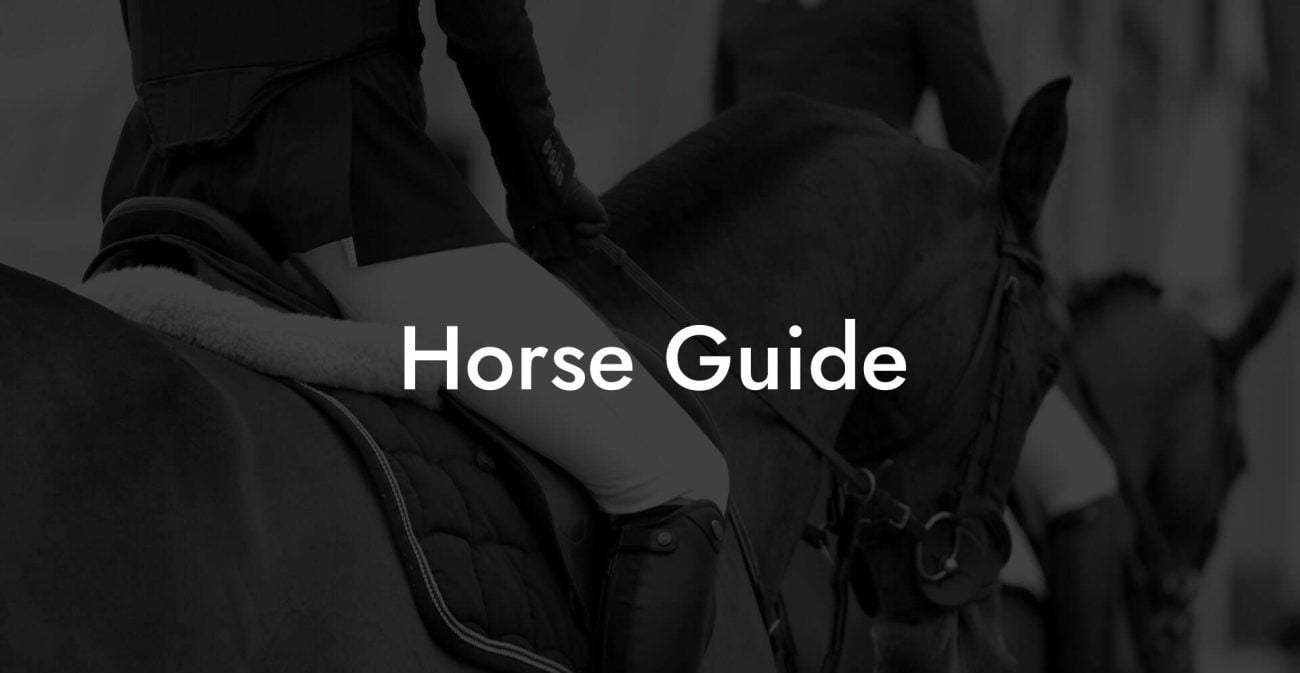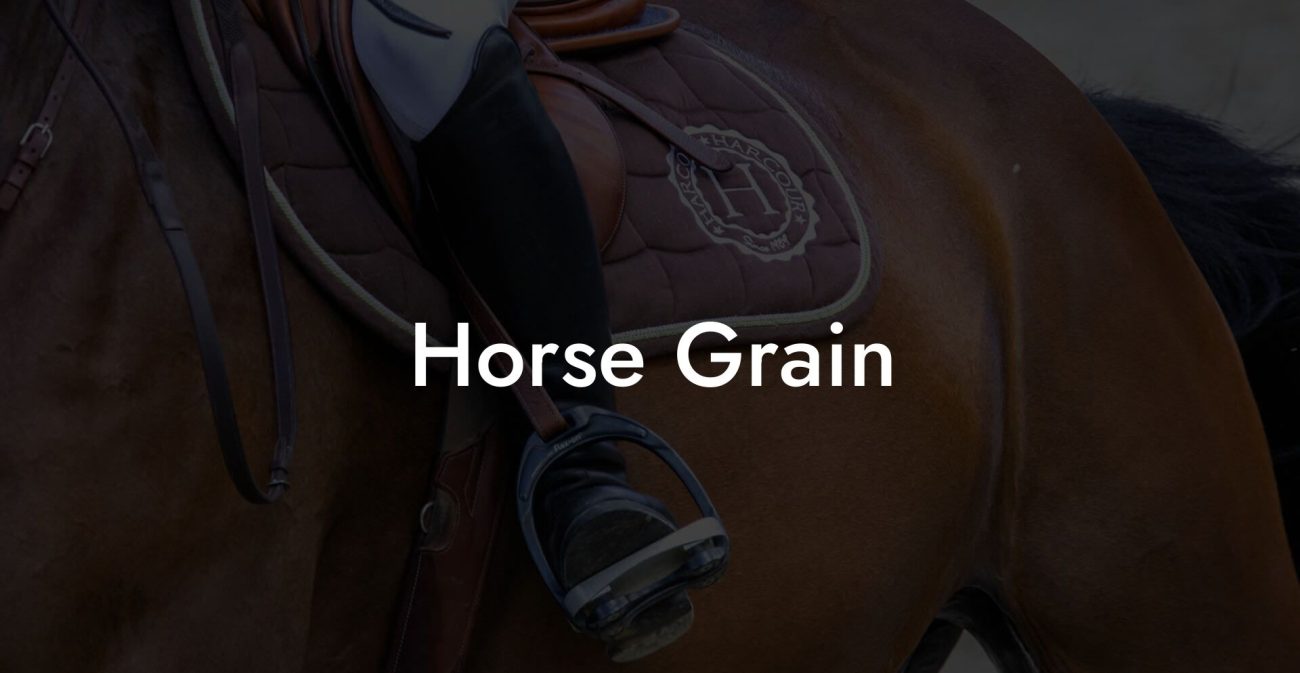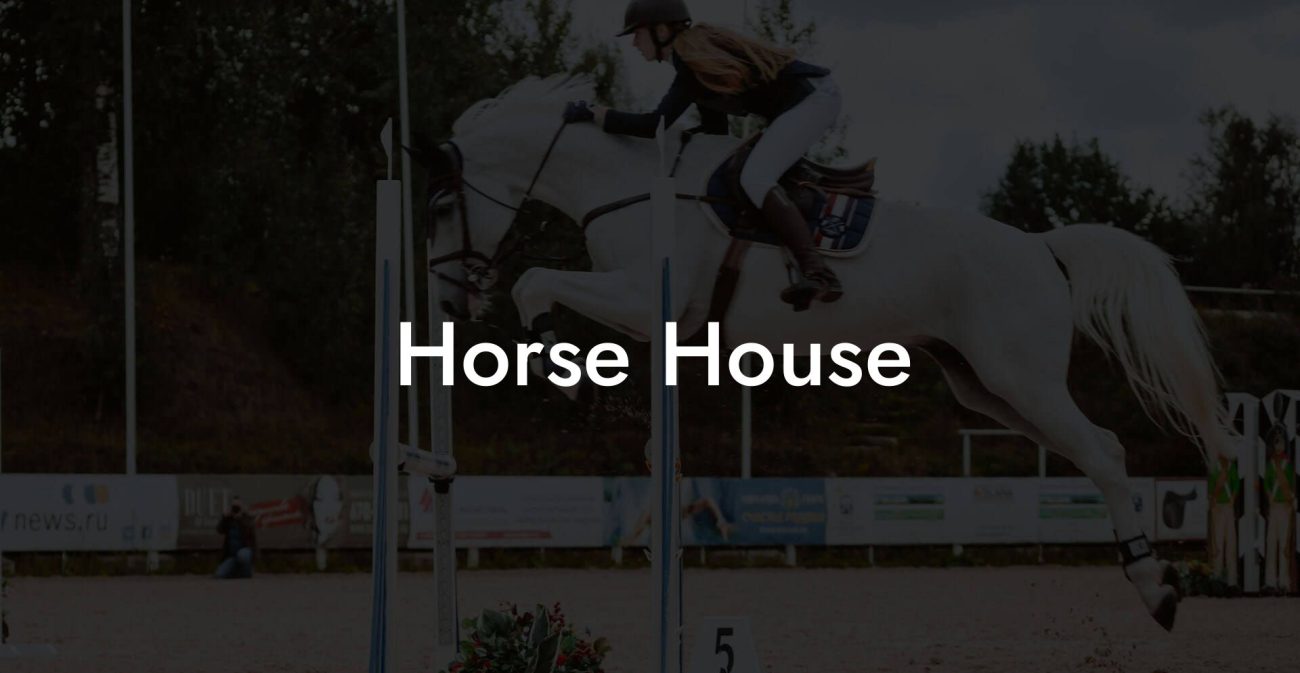There’s something undeniably captivating about the controversies swirling around what lands on our plates, and in many Western societies, horse meat is a topic that sparks more than just culinary curiosity. Whether you’re a Gen-Z foodie fascinated by the cultural quirks of our modern world or a millennial who sees horses as majestic companions rather than dinner options, the debate over horse meat is as complex as it is compelling. Dive in as we explore why, in many areas, the notion of eating horse meat raises eyebrows, ignites ethical debates, and even influences our approach to caring for these magnificent creatures.
Quick Links to Useful Sections
- Historical and Cultural Backdrop: Where It All Began
- Debate Central: Why the Horse Meat Conversation Endures
- Cultural Perspectives: Delicacy or Dilemma?
- Nutritional Value and the Horse Meat Dilemma
- Ethical, Legal, and Welfare Considerations: Beyond the Dinner Plate
- Modern Social Values and the Evolution of Dietary Choices
- Horse Care and Welfare: A Mirror to the Debate
- Practical Guide: Caring for Your Horse in a Modern World
- 1. Nutrition and Feeding
- 2. Regular Exercise and Mental Stimulation
- 3. Routine Veterinary Care and Preventative Measures
- 4. Creating a Safe, Compassionate Environment
- 5. training with Empathy and Innovation
- Resources and Community Support: Your Next Steps
- Frequently Asked Questions About Horse Meat and Horse Care
- Your Journey to Empowered, Compassionate Horse Care
Historical and Cultural Backdrop: Where It All Began
The story of horse meat consumption spans centuries and continents, rich with cultural nuance and historical twists. In parts of Europe and Asia, horse meat has long been considered a delicacy, an affordable, lean protein with its own culinary legacy. Yet, in countries such as the United States, the United Kingdom, and Australia, the horse’s role as a trusted companion, working partner, and symbol of freedom has elevated its status far above that of livestock. This conflicting narrative forms the bedrock of why many people wonder, “Why can’t we eat horse meat?”
Historically, horses played a multifaceted role in society. They were not just a source of labor, transportation, or companionship; they were close allies in times of war, pivotal tools on the farm, and cherished members of family life. With such deep-rooted cultural significance, it’s understandable that many feel the idea of consuming horse meat clashes with the reverence they hold for these animals. In some cultures, the very idea of turning a beloved companion into food is unthinkable. This historical and emotional context remains central to the ongoing controversy.
On the flip side, in countries like France, Italy, Belgium, and Japan, horse meat is a traditional part of the diet, often prepared with great culinary artistry and celebrated for its rich flavor and nutritional profile. In these regions, horse meat has been integrated into local cuisine as a once-in-a-while treat or even as everyday fare. The divergent attitudes towards horse meat are a poignant reminder of how food choices are deeply intertwined with culture, history, and emotion.
Fast forward to today, and this historical backdrop mingles with modern concerns about animal rights, sustainable agriculture, and ethical food consumption. As societies evolve and consumer values shift, especially among younger generations, traditional culinary practices are being reexamined through the lens of contemporary ethics and environmental consciousness.
Debate Central: Why the Horse Meat Conversation Endures
At the heart of the debate lies a potent mix of ethics, legality, and cultural identity. The question “Why can’t we eat horse meat?” isn’t simply about dietary preference, it’s a deeper inquiry into how we value animal life. For many, horses represent more than just food; they embody freedom, loyalty, and a spirit that resonates with human ideals. As such, the conversation often extends far beyond nutrition or culinary trends.
In modern culinary discussions, horse meat occupies a curious space. Proponents in some regions tout its lean protein content, low fat, and high iron levels, presenting it as a viable and sometimes superior alternative to other red meats. However, detractors argue that consuming horse meat disregards the profound relationship humans have cultivated with horses over thousands of years, one built on trust, respect, and shared history.
Legislative differences further complicate the issue. While some countries have strict regulations, for instance, banning the slaughter of horses for human consumption, others maintain looser guidelines that allow this practice under certain conditions. Such disparities not only reflect cultural values but also underscore the challenges of establishing a global consensus on what is ethically acceptable to eat.
Given the myriad viewpoints, from traditional culinary acceptance to outright moral opposition, it’s clear that the debate isn’t likely to be resolved any time soon. Instead, it remains a living conversation that mirrors broader societal shifts in how we consider animal rights, environmental impacts, and our evolving definitions of “acceptable” meat.
Cultural Perspectives: Delicacy or Dilemma?
Culture is a powerful lens through which we view food, and horse meat is no exception. In countries like Italy and France, where delicacies such as pastissada de caval (a traditional Belgian horse meat stew) or various cured horse meat sausages have been savored for generations, the meat is celebrated for its distinct taste and nutritional benefits. In these culinary traditions, horse meat is not hidden in fast food chains or gourmet restaurants, it’s a proud part of the culture.
In contrast, in many English-speaking countries, the mere mention of horse meat often conjures images of something unthinkable. Here, horses are frequently seen as companions, athletes, or working partners rather than livestock. This dichotomy of perception has been passed down through generations and reinforced by strong cultural narratives, where the idea of consuming horse meat is met with shock and disapproval.
This disparity is particularly interesting when viewed through the prism of modern global conversations. Millennials and Gen-Zers, who tend to approach food with a blend of ethical consciousness and adventurous curiosity, find themselves navigating a landscape of conflicting messages. On one side, there’s the allure of culinary exploration, trying new, lesser-known meats that challenge traditional norms. On the other, there is a profound respect for animal welfare and a growing demand for transparency in food production.
The debate also raises questions about the commodification of animals. Is it right to commodify an animal that many view as a friend or a co-worker on the farm? For those involved in horse care, whether as owners, grooms, or enthusiasts, the bond formed with these magnificent creatures creates an almost sacred duty to protect them. This emotional connection further fuels the argument against consuming horse meat, amplifying the voices of animal rights advocates and ethical eaters.
Nutritional Value and the Horse Meat Dilemma
From a nutritional standpoint, horse meat offers some intriguing benefits that occasionally spark interest among health-conscious consumers. Comparatively leaner than beef, horse meat is rich in protein, iron, and omega fatty acids, a combination that many nutrition experts tout as ideal for those seeking heart-healthy, low-fat red meat options. In certain culinary circles, these attributes have sparked debates over whether horse meat could serve as a sustainable and healthful alternative in our diets.
However, the nutritional merits of horse meat have often been overshadowed by cultural and ethical concerns. For many, the decision to avoid horse meat isn’t rooted in health or environmental reasons but in an intrinsic respect for the animal’s legacy as a loyal companion and working partner. Even among those who appreciate its nutritional profile, there’s a cautious hesitance to embrace horse meat as a staple due to deeply ingrained cultural beliefs.
The irony is not lost on those who advocate for ethical consumption. They point out that many popular meats, such as beef or pork, come with their own sets of ethical and environmental challenges, from factory farming to significant greenhouse gas emissions. Yet, horse meat remains an outlier, reserved for specific cultural contexts and rarely considered mainstream. This selective acceptance highlights the complex interplay of nutrition, ethics, and culture, a triad that continues to provoke spirited debate.
It’s important for modern food enthusiasts to consider not just what they eat, but also why they eat it. Are we driven by health benefits, culinary curiosity, or a deeper sense of respect for the natural roles animals play in our lives? Such questions are at the core of the horse meat dilemma, inviting us to reassess our relationship with food and the complex histories behind our culinary traditions.
Ethical, Legal, and Welfare Considerations: Beyond the Dinner Plate
The debate over consuming horse meat is not solely a matter of taste or tradition; it delves into a tangled web of ethical, legal, and welfare issues. Modern society places a high value on animal welfare, and horses, in particular, hold a special place in the public conscience. The ethical considerations are amplified by concerns over how horses are treated in various industries, from racing and work to, controversially, food production.
In many countries, strict regulations govern the treatment of horses, often making the process of converting them into meat highly regulated or outright banned. These legal frameworks are designed not only to prevent animal cruelty but also to preserve a cultural legacy of seeing horses as partners rather than as a source of food. The laws surrounding horse slaughter reflect a broader societal commitment to ensuring that animals, especially those with a storied history of human connection, are treated with dignity.
Ethical questions also arise when considering the journey of horses from beloved companions to potential meat sources. Animal rights activists point out that the methods of breeding, transporting, and slaughtering horses can be fraught with inhumane practices. These challenges have led many to advocate for stricter oversight and more compassionate alternatives that uphold the welfare of the animal. The conversation is not just about taste preferences; it’s about aligning our food practices with our ethical values.
Furthermore, the impact of modern media and global social movements has amplified discussions about ethical consumption. As consumers become more aware of the origins of their food, many are demanding transparency and humane treatment in every step of the supply chain. For millennials and Gen-Zers, who champion ethical consumerism, the debate around horse meat is emblematic of a broader quest for food that is not only good for the body but also in harmony with evolving ethical standards.
Modern Social Values and the Evolution of Dietary Choices
We live in an era where food is more than just fuel, it’s an expression of identity, culture, and values. For many young consumers, the decision of whether or not to consume a particular food is deeply influenced by connections to sustainability, animal welfare, and social justice. These modern social values have reshaped the way we view traditional meats, leading to a more nuanced and often divisive stance on horse meat.
Social media, food blogs, and influencer platforms have given a voice to new generations of ethical eaters who question longstanding culinary norms. The trend is towards transparency, knowing where your food comes from, how the animals are treated, and whether the production methods align with your personal values. In this landscape, the taboo surrounding horse meat isn’t just about history; it’s about the present-day conversation on ethical consumption.
Additionally, as awareness grows about the environmental impact of meat production, many young consumers are gravitating towards plant-based or ethically sourced animal proteins. In these circles, the idea of eating horse meat is increasingly seen as incompatible with a lifestyle that values sustainability and respect for life. Yet, at the same time, there is an undercurrent of curiosity, why has one meat become a symbol of ethical restraint while others have not?
The evolution of these dietary choices is not a rejection of culinary heritage but rather a call for reflection on how modern ethics intersect with traditional practices. For many, the answer to “Why can’t we eat horse meat?” is found at the crossroads of history, emotion, and the urgent need to honor life, both human and animal, in a rapidly changing world.
Horse Care and Welfare: A Mirror to the Debate
If the controversy over consuming horse meat tells us anything, it’s that how we treat our animals is a direct reflection of our values. For those who care for horses, whether as hobbyists, professional trainers, or simply admirers, it’s clear that these creatures deserve respect, understanding, and exceptional care throughout their lives.
In practical terms, caring for a horse involves everything from proper nutrition, shelter, and exercise to regular veterinary check-ups and mental stimulation. When you form a bond with a horse, you see firsthand the intelligence, sensitivity, and loyalty that these animals bring to our lives. It’s no wonder, then, that many believe their role should remain that of cherished companions rather than food items.
The debate on horse meat consumption is thus interwoven with concerns about animal welfare. Advocates for enhanced horse care argue that ethical treatment and a focus on quality of life should take precedence over any commercial or nutritional benefits of using horses for meat. This perspective calls for a dedicated commitment to animal care practices that prioritize the physical, emotional, and psychological well-being of the horse.
Moreover, modern advancements in veterinary care and equine nutrition have dramatically improved the quality of life for horses, particularly those involved in leisure and competitive sports. With improved health outcomes, longer lifespans, and specialized care regimens, horses today enjoy a status that transcends their historical roles. Their welfare is safeguarded by stringent laws and an engaged community of advocates who champion ethical treatment on every front.
For anyone interested in horse care, understanding the broader implications of the horse meat debate is vital. It reinforces that caring for these animals is not just about meeting their basic needs, but about fostering a relationship built on mutual respect, understanding, and a shared love for life. This ethical approach to horse care challenges us to rethink traditional boundaries between companion animals and livestock, ultimately guiding us toward more compassionate practices.
Practical Guide: Caring for Your Horse in a Modern World
Whether you’re a seasoned equestrian or a curious newcomer, providing optimal care for a horse is a rewarding pursuit that blends tradition with innovation. Here are essential tips to ensure your horse enjoys a healthy, balanced life, a life that stands in poignant contrast to the debates surrounding horse meat.
1. Nutrition and Feeding
Just as humans debate the nutritional merits of various meats, horse nutrition is its own art form. Ensure your horse receives a balanced diet comprising high-quality hay, grains, and fresh water. Incorporate vitamins and minerals to support strong bones, healthy muscles, and overall vitality. Tailored supplements can also enhance performance, yet always consult with an equine nutritionist when making dietary changes.
2. Regular Exercise and Mental Stimulation
Horses thrive on routine. Regular exercise not only improves physical health but also contributes to mental well-being. Whether it’s trail riding, arena work, or simple turnout in a pasture, physical activity helps prevent health issues and fosters a deeper bond between you and your horse. Consider integrating fun challenges like obstacle courses or synchronized riding sessions that keep both body and mind agile.
3. Routine Veterinary Care and Preventative Measures
Just as a well-crafted meal plan is relevant to debates on food consumption, regular veterinary check-ups are crucial to ensure your horse remains in peak condition. Vaccinations, dental care, and deworming schedules are critical. Establish a relationship with a trusted equine vet who understands the unique needs of your horse and stays informed on the latest advancements in equine medicine.
4. Creating a Safe, Compassionate Environment
A well-cared-for horse thrives in an environment of safety and compassion. Ensure your stables and pastures are secure, clean, and comfortable. Provide shade, fresh water, and opportunities for social interaction with other horses. Remember, a horse’s environment directly affects its physical and emotional well-being.
5. training with Empathy and Innovation
Modern horse care is about blending time-honored training methods with innovative techniques that respect the animal’s nature. Positive reinforcement, consistent routines, and patience are key. Harnessing technology, from wearable health monitors to behavior-tracking apps, can also help you tailor training sessions and gauge your horse’s overall health.
By investing in comprehensive care, covering nutrition, exercise, healthcare, and emotional well-being, you not only honor the legacy of the horse as a cherished companion but also contribute to broader conversations about ethical treatment in contrast to using these animals as mere commodities. In doing so, you join a community that values compassion over controversy, innovation over tradition, and welfare over waste.
Resources and Community Support: Your Next Steps
Navigating the complex landscape of horse care in today’s world can feel overwhelming, but you’re not alone. Across the globe, a vibrant community of horse enthusiasts, veterinarians, nutritionists, and animal rights advocates is dedicated to creating positive change. For those passionate about the welfare of horses, and keen to understand the socio-cultural debates around horse meat, there are plenty of resources at your fingertips.
Begin by exploring reputable organizations dedicated to equine health and welfare. Together with online forums and social media groups brimming with firsthand experiences and expert advice, these resources can be invaluable in guiding your journey. Whether you’re troubleshooting a dietary concern, seeking advice on training, or simply looking to connect with like-minded individuals, the community support available is both robust and welcoming.
Consider attending local equine shows, veterinary seminars, or community meet-ups focused on the best practices in horse care. Many regions also host workshops on ethical animal management and sustainable practices, offering not just learning opportunities but also a platform for advocacy, ensuring that the debate over horse meat remains part of a broader conversation about respecting and protecting these majestic animals.
As you explore these pathways, remember that every step you take toward better horse care is also a stand against practices that compromise the very wellbeing of an animal revered by many. Your informed choices and unwavering commitment contribute to a future where horses are celebrated not as mere food sources, but as integral, cherished beings with lives worth protecting.
Frequently Asked Questions About Horse Meat and Horse Care
Below are some frequently asked questions that delve into both the controversy surrounding horse meat consumption and best practices in horse care:
1. Why is horse meat considered taboo in many countries?
In many regions, horses are cherished as companions, working animals, and symbols of freedom. This cultural reverence, combined with strict animal welfare laws and ethical considerations, has led to a strong social taboo against consuming horse meat.
2. Is horse meat consumed in any parts of the world?
Yes, in several European and Asian countries, horse meat is considered a delicacy and is consumed as part of traditional cuisine. The practice is regulated and culturally accepted in these regions.
3. What nutritional benefits does horse meat offer?
Horse meat is notably lean and is rich in protein, iron, and omega fatty acids, making it a potentially healthy alternative to other red meats. However, its consumption is often weighed against ethical and cultural considerations.
4. How do ethical concerns influence the debate on horse meat?
Ethical concerns center on the strong human-horse bond and the methods by which horses are raised and slaughtered. For many, the treatment of horses as companions or athletes rather than food animals is paramount, influencing public opinion and legislation.
5. How are modern social values affecting the debate?
Today, there is increased scrutiny over food ethics, animal welfare, and sustainability. Millennials and Gen-Z consumers often prioritize ethical consumption and transparency, contributing to the growing opposition to horse meat in cultures where horses are revered.
6. What are some essential practices for caring for horses?
Key horse care practices include providing balanced nutrition, regular exercise, routine veterinary care, and a safe, loving environment. Training with empathy and using modern technology for health monitoring also contribute to the well-being of horses.
7. Can debates over horse meat influence horse care practices?
Absolutely. The cultural and ethical perspectives surrounding horse meat often encourage more compassionate and respectful horse care practices, reinforcing the idea that horses should be treated primarily as living partners rather than as commodities.
8. Where can I find reliable information and community support on horse care?
Numerous organizations, online forums, and local equine events offer trusted advice on horse nutrition, training, and overall welfare. Veterinary associations and animal rights groups also provide valuable resources to ensure ethical, informed care.
Your Journey to Empowered, Compassionate Horse Care
The conversation around “Why can’t we eat horse meat?” is far more than a culinary debate, it’s a window into the evolving narrative of how we relate to animals, our shared history, and the ethical choices that define us. When you opt for caring, nurturing, and celebrating horses as living partners in life, you’re not merely making a dietary choice; you’re championing a future built on respect, ethical treatment, and mindful stewardship of the creatures that have enriched our lives for millennia.
As we navigate a rapidly changing world, the principles that guide our relationships with animals are being redefined. For many young people, both Gen-Z and millennial, embracing a compassionate approach to horse care is a way of living that aligns with broader values of sustainability, ethical consumption, and community support. The horse, an enduring symbol of freedom and strength, reminds us that every creature deserves a life of dignity and care.
Whether you’re actively involved in horse care or simply expanding your understanding of these debates, remember that every mindful choice you make contributes to a larger movement. A movement that celebrates life, challenges outdated norms, and advances the pursuit of a more compassionate world, one where our relationships with animals are honored rather than exploited.
Embark on your journey with confidence, knowing that your commitment to ethical horse care not only enriches your life but also resonates across communities and cultures worldwide. Embrace the learning process, share your experiences, and join a passionate network of individuals who celebrate life in all its forms. Your actions today shape the legacy of tomorrow, proving that in the realm of animal care, compassion always triumphs over controversy.

